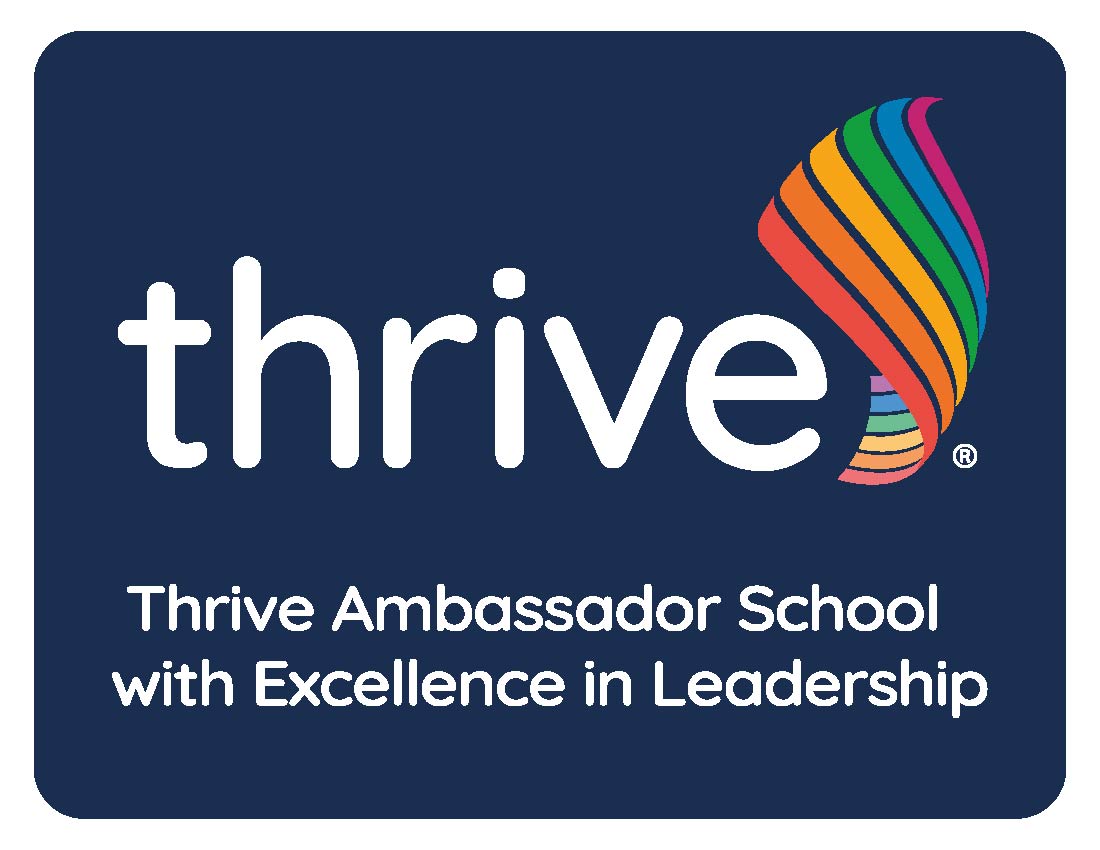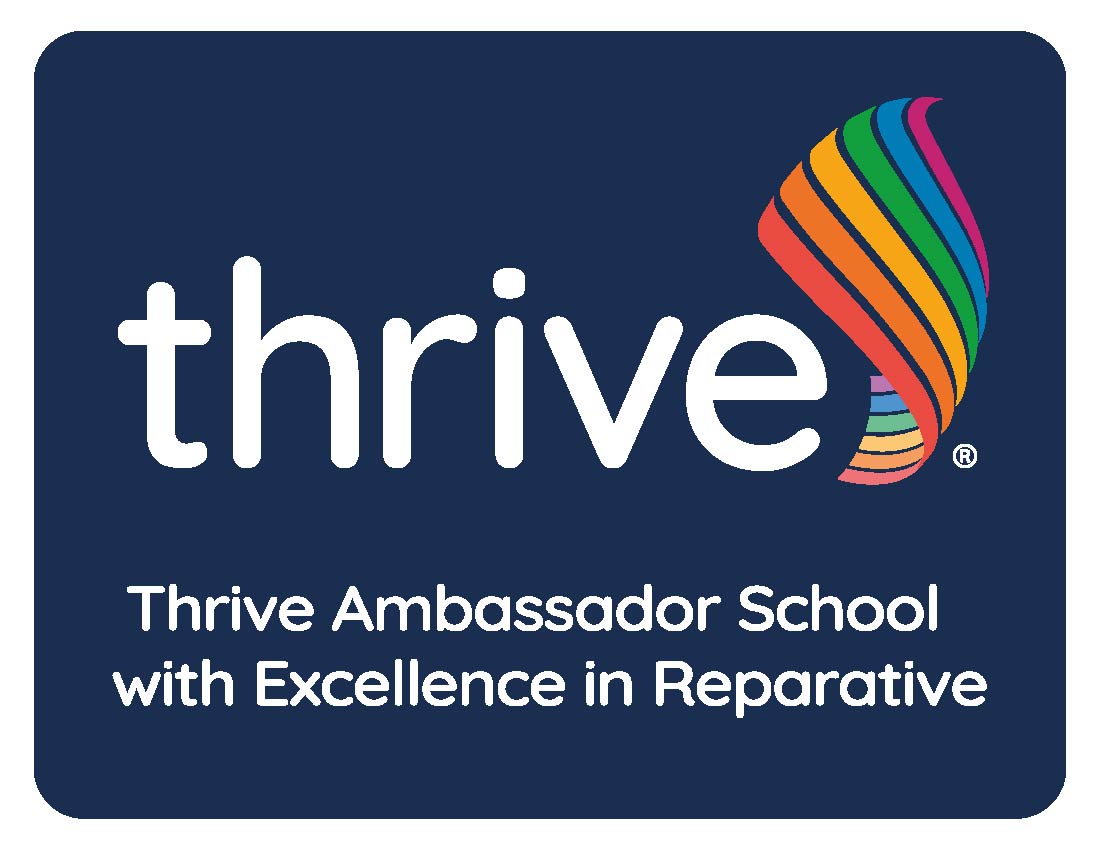Our Approach to Online Safety
Voyage Learning Campus takes its responsibility to safeguard children and young people online very seriously. We have systems in place to safeguard our students from online threats, which are categorised in the DfE’s Keeping Children Safe in Education 2024 guidance as Content, Contact, Conduct and Commerce.
We actively filter and monitor all online usage in school, using both automated and manual methods – Inappropriate websites/keywords are automatically filtered; Staff actively monitor usage in classrooms; Filter lists are updated on a regular basis; Regular monitoring reports and automated alerts on student online activity.
The Voyage Learning Campus has a rigorous process for reporting and responding to Online Safety Incidents. We work with parents / carers, schools, local authorities and other external agencies (where necessary) to resolve incidents and to stay informed of developing issues or trends.
Online safety is included in the PSHE and SRE Programmes of Study for all Key Stages to help ensure that young people are “responsible and confident users of information and communication technology”. PSHE and SRE provide great opportunities for approaching a range of key online safety issues such as cyberbullying, safe social networking, healthy digital behaviours, pornography, sexting, privacy and online reputation.
You can read more about our approach to Online Safety in our Online Safety policy and ICT and Internet Acceptable Use policy which can both be found below.
Online Safety Advice for Students
Childline
It’s not always easy to know what’s safe online and what’s not. Childline's advice can help you to keep safe and to know what to do when things go wrong.
Childnet
Childnet offers support, guidance and advice on a wide range of online safety issues and topics.
Childline - 5 ways to get support if things go wrong
- Talk to someone you trust like an adult, or you can always talk to a Childline counsellor
- Report bullying and abuse directly to the website or app
- Delete things you’ve shared that you’re worried about, or find ways to hide them
- Tell the police by making a report to CEOP if someone is threatening or blackmailing you
- Plan for the future and change your privacy settings so it doesn’t happen again
Online Safety Advice for Parents & Carers
Internet Matters
From age-specific online safety checklists to guides on how to set parental controls on a range of devices, you’ll find a host of practical tips to help children get the most out of their digital world.
UK Council for Internet Safety (UKCIS)
The UK Council for Internet Safety (UKCIS) is a collaborative forum through which government, the tech community and the third sector work together to ensure the UK is the safest place in the world to be online.
NSPCC
The 'Keeping Children Safe' section of the NSPCC website has a wealth of information for parents. From Online Safety to Sexting and Share Aware, they have it covered.
UK Safer Internet Centre
UK Safer Internet Centre is a website where you can find e-safety tips, advice and resources to help children and young people stay safe online.
Commonsense Media
Common Sense is the leading independent nonprofit organization dedicated to helping kids thrive in a world of media and technology. Find age-appropriate movies, books, apps, TV shows, video games, websites, and music that you and your kids will love.
Get Safe Online
Get Safe Online is the UK’s leading source of unbiased, factual and easy-to-understand information on online safety.
Childnet
Childnet International is a non-profit organisation working with others to help make the internet a great and safe place for children.
ParentZone
Parent Zone is devoted to providing expert information to families and schools. We find, curate and check the best available information on all of the issues that are caused or amplified by the internet.
E-Safety Adviser
A range of free e-safety resources including e-safety policy, newsletters for schools and parents, and questionnaires.
Including #DITTO, a free online safety magazine for schools, organizations and parents to keep you up to date with risks, issues, advice and guidance related to keeping children safe online, with a view to enjoying and learning about technology. A new edition is released approx. every 6 weeks.
ASC Cyber Protect
The Avon and Somerset Constabulary Cyber Team YouTube channel features useful videos regarding online safety and cyber protect advice. Please share, comment and engage with us. Avon and Somerset Constabulary's Cyber Team is here for you...
Subscribe to ASC Cyber Protect on YouTube »
Youth Project Coordinator - Communication with Children
A video on how to effectively communicate with children around online safety, by Avon and Somerset Constabulary's Youth Project coordinator - Verity Weston.
Cyber Protect - Online Risk & Safety Measures for Parents
In this video we outline some easy measures you can take as a parent to better understand how to effectively monitor and work with your child around being safe on the internet.
TOPAZ - Child Exploitation & Grooming
This is a presentation on child exploitation and grooming, presented by Androulla Nicolaou, a member of Avon and Somerset Constabulary's TOPAZ Child Exploitation & Prevention Team.







